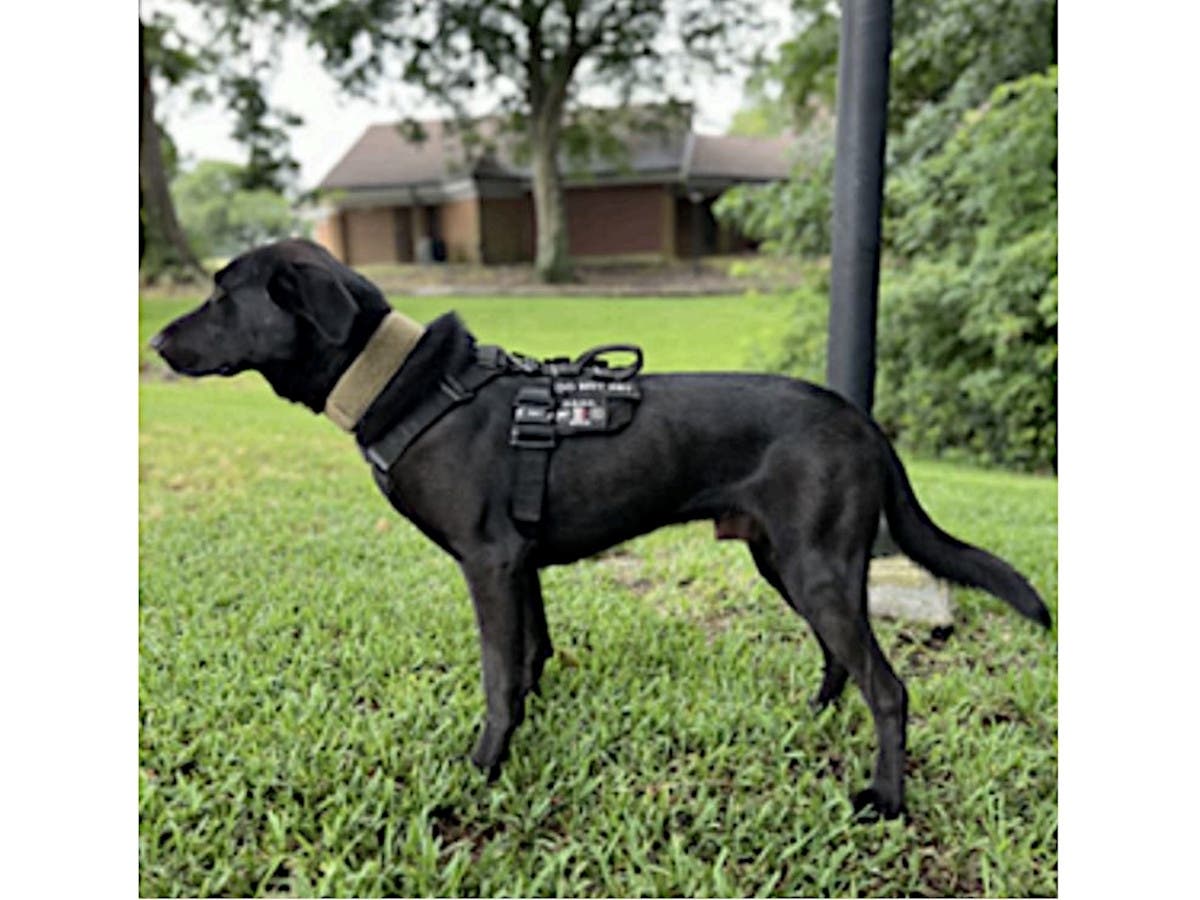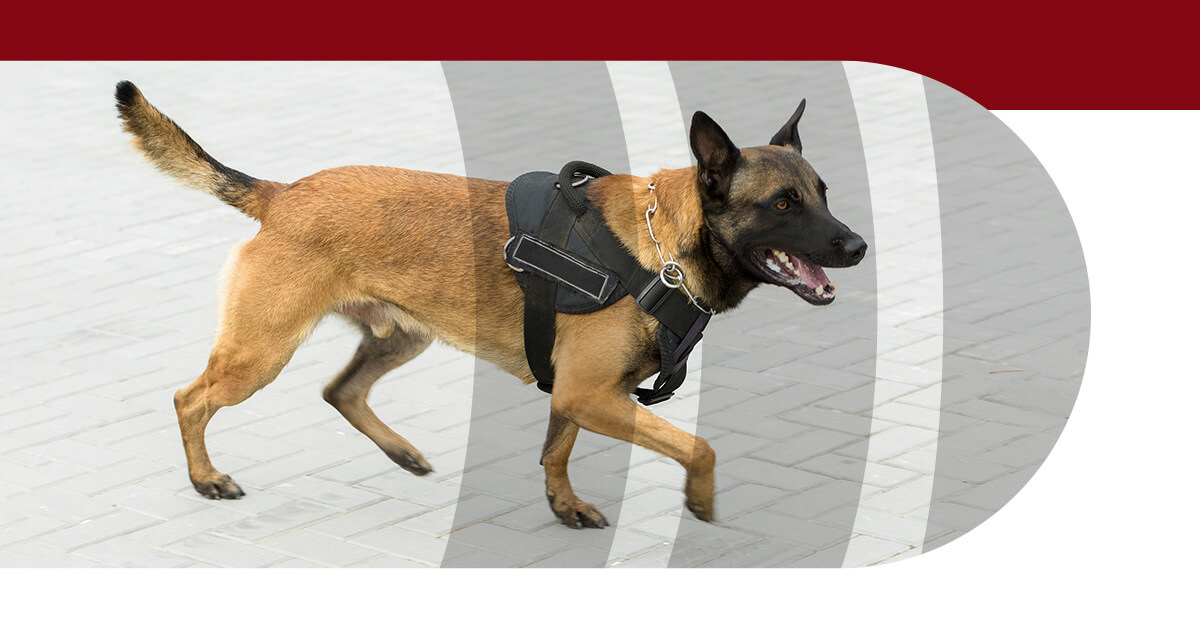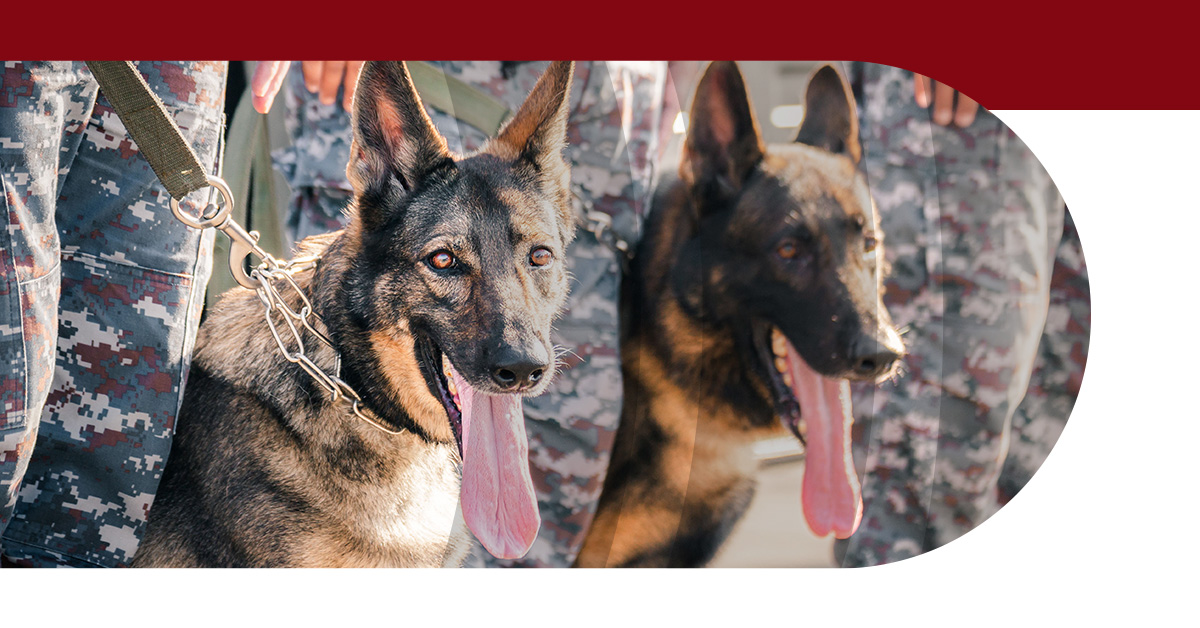News
The Cost of Running a K9 Unit: Budgets and Resources
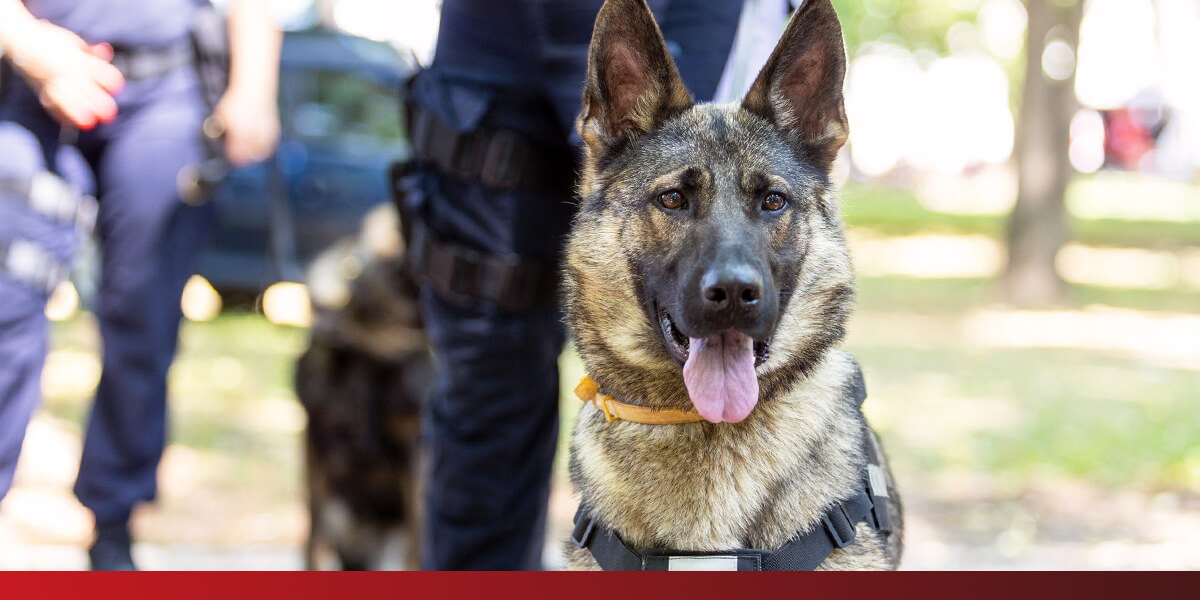
Public spaces such as amusement parks, stadiums and festivals draw large crowds, and the onus is on the venue facilitator to keep everyone safe. While screening at venue entrances helps uncover potential risks, extra measures are needed to ensure a secure environment.
One of the most effective ways to detect narcotics, explosives and weapons is to enlist the help of a K9 unit. However, it's important to note that operating a K9 unit comes with some financial implications that impact service costs. Learn about the various K9 unit costs so you can allocate your security budget accordingly.
Factors Affecting Costs
From the initial purchase of the dogs through to their necessary vaccinations and annual veterinarian visits, there are several costs involved in maintaining a K9 unit. If you plan to budget for K9 security, consider the once-off and ongoing costs incurred by K9 unit managers:
1. Breed Selection
Breeds known for their confidence and physical endurance make the best K9 dogs. As the hounds will take on challenging situations, they'll need the self-assurance to navigate new environments and the stamina to complete tasks. Some of the most common dog breeds for K9 units include:
- Belgian shepherds.
- German shepherds.
- Dutch shepherds.
- Bouvier de Flandres.
- Doberman pinschers.
- Beagles.
- Bloodhounds.
Some of these breeds are prone to hip dysplasia, arthritis and dental diseases, making it essential that K9 dogs come from reputable breeders. Currently, most K9 dogs come from Europe and cost in excess of $8,000 per dog. Ensuring favorable bloodlines reduces the likelihood of health issues and lengthens a canine's time in the field.
2. Training Expenses
In addition to purchasing pedigree dogs, extensive training programs incur a further cost of between $12,000 and $15,000 per canine. At 3DK9, we use operant conditioning to train our pack. This training method relies on the notion that actions have consequences — either good or bad.
There are repercussions when a dog ignores a command — such as failing to sit when people enter a room. Negative reinforcement or punishment includes actions like ignoring a dog until they showcase the desired behavior. Dog experts claim this training technique is one of the most effective in the industry, allowing for successful sweeps.
Specialized K9 services require comprehensive training, which comes at a higher cost. Each of our dogs goes through a comprehensive training process, enabling them to tackle tasks such as:
- Narcotic detection: We train our dogs to know the difference between narcotics and other stimulants. By correctly identifying addictive substances, our dogs help you keep your premises free of drugs.
- Contraband detection: Illegal electronic equipment, illicit drugs or firearms constitute contraband. Our K9 forces can sniff out items that do not comply with local, state or federal laws.
- Explosive detection: Airports, schools, buses and even private residences can become targets for attack. Our K9 unit works with law enforcement personnel to mitigate any threats.
Each dog will need to undergo preliminary training before they join a K9 unit. However, just as police officers take part in regular boot camps, handlers and dogs need continuous training to keep their skills sharp. The ongoing training and certification requirements contribute to long-term costs.
3. Equipment and Supplies
Unlike house pets, dogs assisting law enforcement teams require specialized equipment and supplies. Here's a breakdown of the costs involved in funding police dogs:
- Specialized equipment: When out in the field, trained dogs are at greater risk of bloat, heatstroke and dehydration. Keeping a K9 first-aid kit on hand helps provide quick relief in these cases. In addition, protective gear limits the risk of injuries.
- Daily food: Detection dogs engage in activities that require high mental and physical stimulation on a daily basis. They require a special diet to ensure enough energy to meet the demands of these tasks. In addition, diets that ensure adequate nutrition increase the service time of the dog.
- Maintenance costs: K9 units require a specialized vehicle to transport dogs from point A to B. Apart from the upfront cost of the car, units need to factor in the maintenance expenses.
- Housing needs: At the end of a long day, the dogs will need to retire to their kennels and get some rest. Setting up an enclosed area to house each dog will come at a cost.
- Additional expenses: Working dogs enjoy toys and treats just as much as household hounds. These expenses, coupled with grooming supplies, harnesses and leashes, all add up.
4. Veterinary Care and Insurance
It's advisable to book an annual checkup for each dog and ensure they're up to date with necessary vaccines. Following a regular vaccine schedule for rabies, parvovirus and canine influenza helps keep both animals and humans safe. Some other health costs to consider in K9 budgeting include:
- Emergency treatment: In the event that a dog suffers an injury, they will need prompt medical care from a licensed veterinarian.
- Insurance coverage: Just as workers' insurance covers injuries on the work site, canine insurance covers incidents on the field. These insurance premiums come at a monthly cost.
- Dietary supplements: From joint support to immune-boosting chews, there are multiple supplements on the market that help patrol dogs perform at their best.
Benefits of a K9 Unit
While funding detection dogs is no small feat, several benefits make these costs worth it. Here's a brief breakdown of the advantages of leveraging a K9 unit:
- Enhanced deterrence: The mere sight of a trained dog and their handler is often enough to deter criminals. A strong canine presence limits crime.
- Speedy response time: Dogs primed for patrols are naturally faster than humans, enabling them to give chase and track down suspects. In addition, a dog's nose is approximately 100,000 times more sensitive than that of a human, helping these canines quickly identify contraband smells.
- Labor savings: Pairing a law enforcement team with a K9 unit reduces the need for trained personnel. This offers cost savings in the form of fewer salaries.
Partner With 3DK9
There's no doubt that working with a K9 unit helps ensure greater safety and security in a range of public spaces. However, trained dogs and their handlers come at a cost.
Working with a reputable service like 3DK9 allows you to experience the benefits of a highly trained K9 unit without the ongoing expenses. We provide canine guard and detection services to businesses across the United States, including:
- Amusement parks.
- Schools.
- Stadiums.
- Prisons.
- Shelters.
- Treatment centers.
- Construction sites.
Whether you're planning a one-day festival or a three-month construction project, you can specify your contract time for maximum cost efficiency. For more information about our services, explore our website or reach out to us for a quote!




